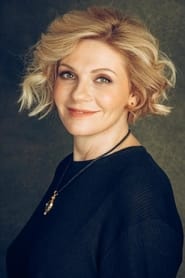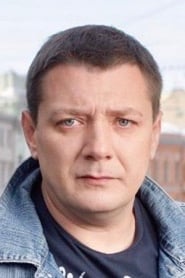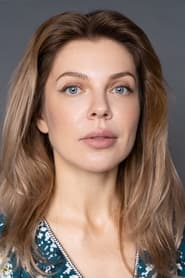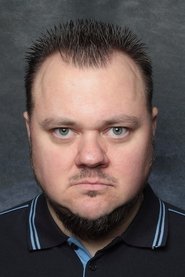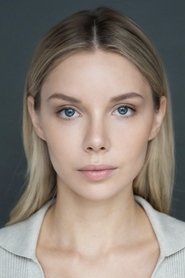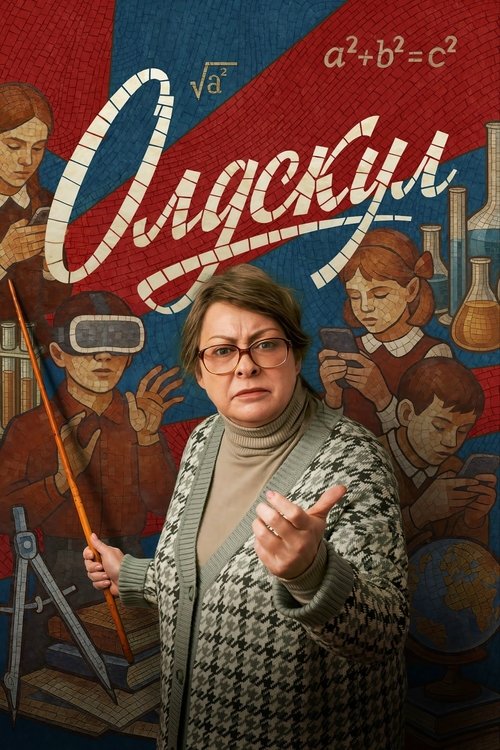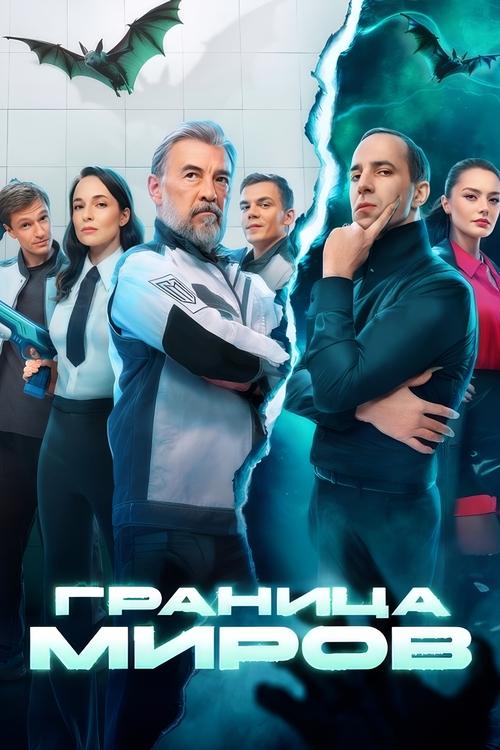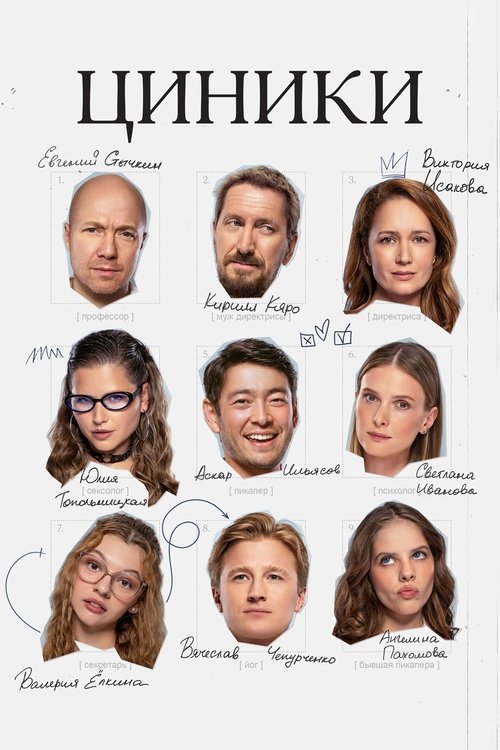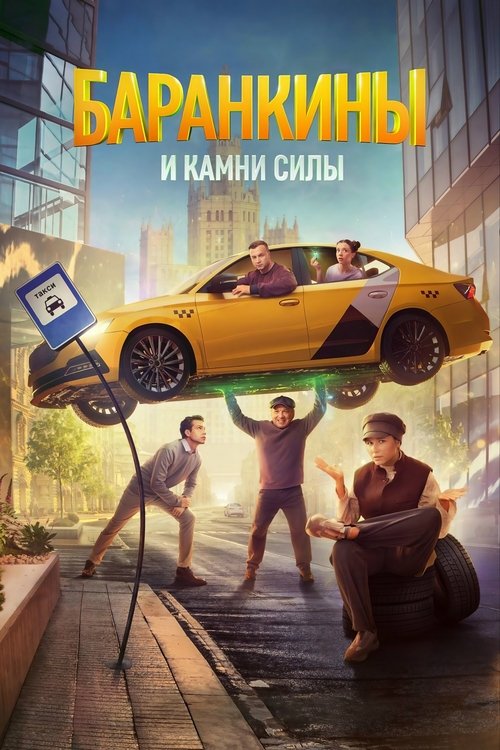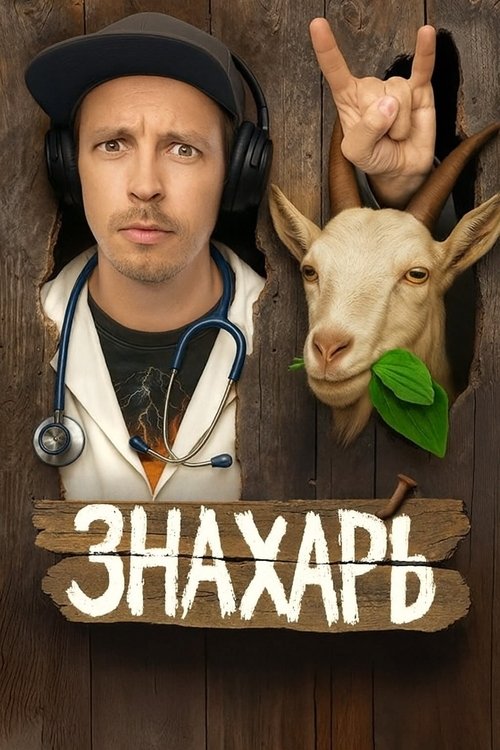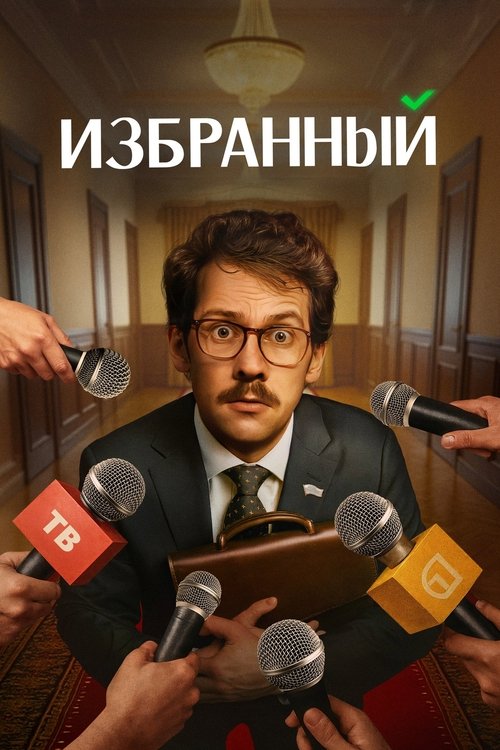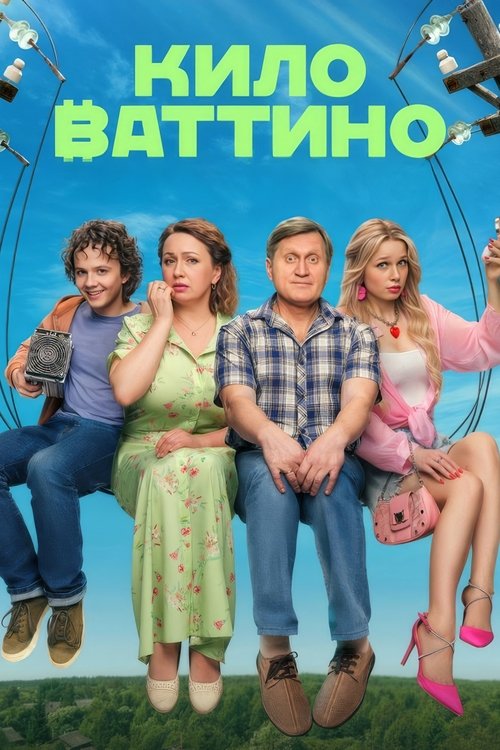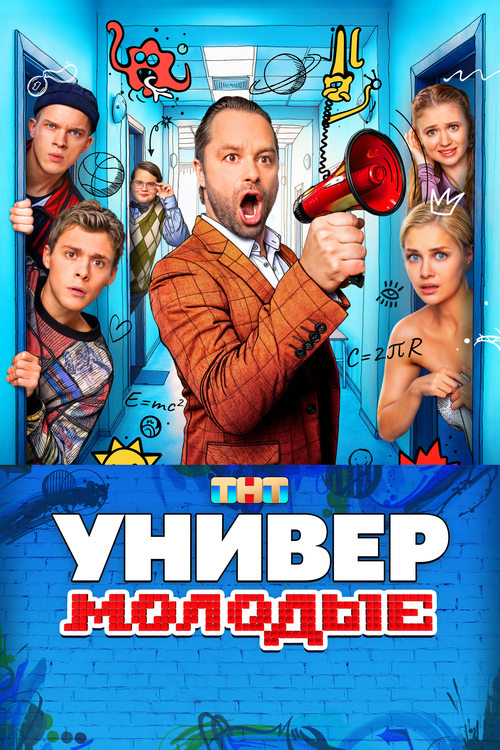
Ask Your Own Question
What is the plot?
Степан Грачёв, молодой и амбициозный менеджер, приезжает в особняк своего шефа, миллиардера Гераклия Львовича Корнеева, чтобы передать важные документы. В этот момент Гераклий Львович в порыве гнева увольняет своего заместителя и всю прислугу, решив навести порядок в бизнесе и личной жизни. Спонтанно он принимает решение улететь в Турцию по делам на пару дней и поручает Степану присмотреть за домом.
Оставшись в особняке, Степан сначала наслаждается роскошью: бассейнами, просторными залами, яхтой, винными погребами и автопарком. Он чувствует, что судьба улыбнулась ему, и наслаждается уединением и свободой.
Однако Степан совершает роковую ошибку -- он сообщает своим родственникам о временно свободном доме. Вскоре в особняк нагрянули его мама Люда, которая работает маникюрщицей, отец Миша -- алкоголик, сестра Света -- аферистка, и брат Виталик -- гопник. Все они начинают оккупировать особняк, наслаждаясь роскошью и разрушая всё вокруг.
Степан пытается выдворить семью из дома, но родственники не хотят уходить. Они устраивают беспорядки, ломают имущество, и ситуация выходит из-под контроля. Степану приходится бороться за сохранность особняка и имущества, пытаясь восстановить испорченное.
В это время выясняется, что Гераклий Львович задержится в Турции не на пару дней, а на целых 17 дней, что значительно усложняет положение Степана. Ему предстоит не только справиться с нахлынувшими родственниками, но и защитить дом от возможного рейдерского захвата.
Параллельно Степан оказывается втянут в любовный треугольник между соседкой Дианой и дочерью хозяина Валентиной. Между ними развиваются сложные отношения, которые добавляют эмоционального напряжения и усложняют жизнь Степана.
В течение сериала Степан предпринимает множество попыток восстановить порядок в доме, отгонять родственников и справляться с их выходками. Он сталкивается с конфликтами, ссорами и даже физическими столкновениями, когда пытается защитить имущество и сохранить доверие шефа.
К концу сериала Степан постепенно находит способы урегулировать отношения с родственниками, восстанавливает поврежденное имущество и укрепляет свои позиции в доме. Он учится справляться с неожиданными трудностями и принимает важные решения, чтобы сохранить особняк и свою репутацию перед Гераклием Львовичем.
Последние серии показывают, как Степан успешно предотвращает попытки рейдерского захвата, решает любовный треугольник и готовится к возвращению шефа, который наконец заканчивает свои дела за границей. Особняк возвращается к прежнему порядку, а Степан получает признание за свою ответственность и выдержку.
What is the ending?
The ending of the 2025 TV show "Пожить как люди" centers on a tense confrontation where Kuzmyuk interrogates Stepa and the others to extract the safe's password. In a fit of rage, Kuzmyuk destroys property. The final twist introduces a young woman named Valentina with documents, shifting the power dynamics significantly.
Expanding on the ending scene by scene:
The final episode opens with Kuzmyuk, a key figure in the story, aggressively questioning Stepa and the other defenders of the mansion. His goal is to obtain the password to a safe, which presumably holds critical importance. The interrogation is intense, and Kuzmyuk's frustration escalates visibly.
As the pressure mounts, Kuzmyuk loses control and begins to break furniture and other items in the mansion, expressing his anger physically. This outburst underscores the high stakes and the emotional turmoil among the characters.
Amid this chaos, a young woman named Valentina arrives unexpectedly, carrying documents. Her appearance is pivotal, as it introduces a new element that alters the existing balance of power within the household and among the characters. The nature of her documents and her intentions are not fully detailed, but her presence signals a significant shift.
Regarding the fates of the main characters involved at the end:
-
Stepa remains under scrutiny, caught in the middle of the conflict over the safe's password and the mansion's control.
-
Kuzmyuk, despite his aggressive behavior, is still a dominant force trying to assert control.
-
Valentina emerges as a new influential figure, potentially changing alliances and the future of the estate.
The ending leaves the story open with this new power dynamic introduced by Valentina, suggesting further developments beyond the current season.
This conclusion highlights the ongoing struggle for control and trust among the characters, with the mansion serving as the central symbol of power and conflict. The arrival of Valentina with documents suggests unresolved mysteries and the potential for new conflicts or resolutions.
Is there a post-credit scene?
The TV show "Пожить как люди" (2025) does not have any information or indication of a post-credit scene in the available sources. The series concludes its episodes without extra scenes after the credits, focusing instead on resolving the main plot within the episodes themselves. There is no mention of any post-credit or after-credits scenes in trailers, episode compilations, or summaries related to this show.
What causes the conflict between Stepan and his family members in the mansion?
Stepan Grachyov invites his family to the billionaire Gerakliy Lvovich Korneev's mansion after being entrusted to look after it, but his relatives--his mother Lyuda, father Misha, sister Sveta, and brother Vitalik--are unaccustomed to the luxury and begin to exploit and damage the property, leading Stepan to desperately try to evict them and save the estate from destruction.
How does Stepan's relationship with the neighbor Diana and the owner's daughter Valentina develop?
Stepan becomes involved in a complicated love triangle with Diana, the neighbor, and Valentina, the daughter of the mansion's owner, which adds emotional tension and personal challenges to his efforts to manage the household and his family's intrusion.
What role does the billionaire Gerakliy Lvovich Korneev play during his absence?
Gerakliy Lvovich Korneev, after firing all the staff in a fit of anger, leaves for a business trip to Turkey, initially for a couple of days but ends up extending his stay by three weeks, which prolongs Stepan's responsibility for the mansion and intensifies the chaos caused by his family's occupation.
How do Stepan's family members' personalities affect the story?
Each family member brings distinct traits that drive the plot: Lyuda is a manicurist mother, Misha is an alcoholic father, Sveta is a con artist sister, and Vitalik is a streetwise brother; their contrasting behaviors and antics create comedic situations and conflicts within the luxurious setting.
What challenges does Stepan face in protecting the mansion from external threats?
Besides managing his unruly family, Stepan must also defend the mansion from potential raider takeovers and repair the damage caused, all while navigating the complex interpersonal dynamics and the looming return of the owner.
Is this family friendly?
The TV show "Пожить как люди" (2025) is rated 16+, indicating it is not intended for young children and may contain content unsuitable for them. It is a comedy centered on a young intern, Stepan, who unexpectedly ends up managing a millionaire's estate and dealing with intrusive relatives, romantic entanglements, and property conflicts.
Potentially objectionable or upsetting aspects for children or sensitive viewers include:
- Mature themes such as romantic relationships and love triangles, which may involve suggestive situations.
- Conflict and tension involving family disputes and attempts to protect property, which could include arguments or stressful scenes.
- Possible mild language or adult humor typical of a comedy aimed at older teens and adults, given the 16+ rating.
- Scenes of property damage or chaos caused by uninvited relatives, which might be unsettling for sensitive viewers.
There is no indication of extreme violence, explicit sexual content, or graphic scenes, but the 16+ rating suggests parental discretion is advised. The show is primarily a comedic drama with adult situations rather than a family-friendly or children's program.






